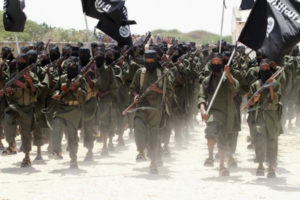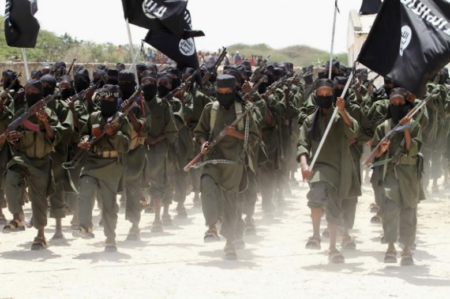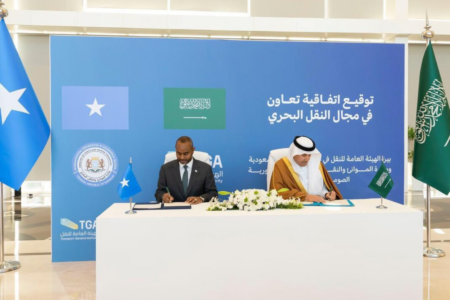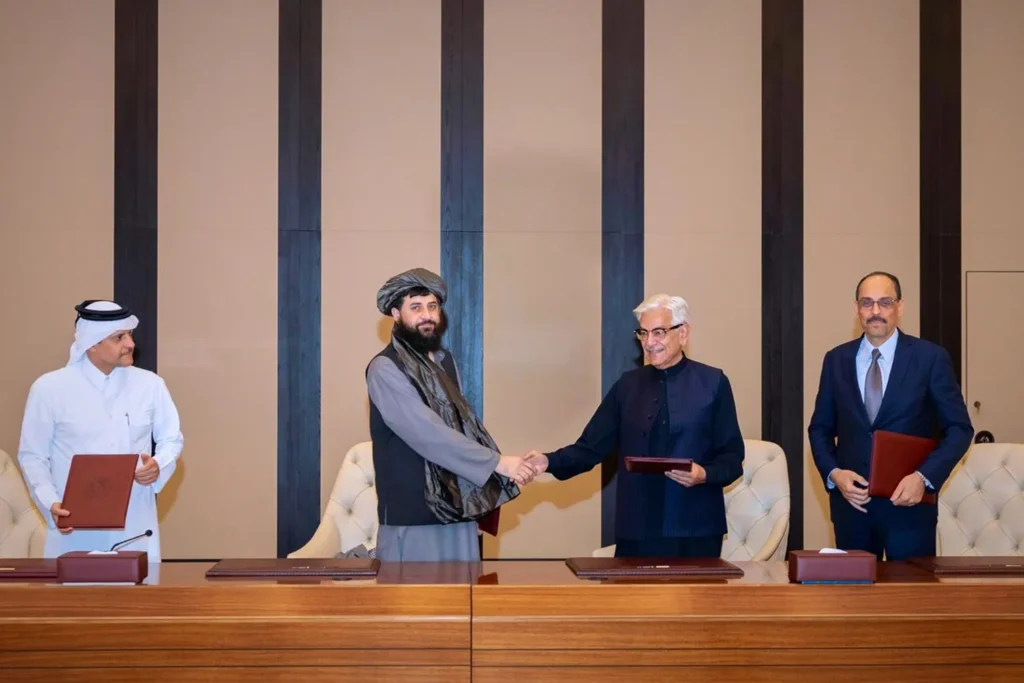
Ceasefire extension between Pakistan and Afghanistan, Pakistan and Afghanistan have agreed to extend their ceasefire following recent talks aimed at reducing cross-border tensions. The decision comes after weeks of escalating clashes along the frontier, which disrupted trade and displaced local communities. Both governments emphasized that the extension reflects their shared commitment to peace and regional stability.
Read also:
Officials from both sides confirmed that mechanisms will be strengthened to prevent future violations. The agreement includes measures for improved communication between border forces and the establishment of a joint monitoring committee. These steps are seen as crucial in maintaining calm along the Durand Line.
Regional observers have welcomed the development, calling it a positive move toward restoring trust. The international community also urged both nations to pursue dialogue and long-term cooperation on security and trade.
CEASEFIRE EXTENTION BETWEEN PAKISTAN AND AFGHANISTAN: BACKGROUND OF THE THE CONFLICT
Ceasefire extension between Pakistan and Afghanistan, in recent weeks, Pakistan and Afghanistan witnessed a sharp escalation of border violence. Pakistan accused Afghanistan of harboring militant groups that attack Pakistani soil, while Afghanistan denied the charges and blamed Pakistani incursions. This mutual hostility spilled over into deadly clashes along their long-shared border, raising fears of a broader confrontation.

The tension came to a head with reports of air- and ground-strikes, casualties on both sides and major trade crossings closed. The border friction is rooted in Pakistan’s long-standing concern that militants use Afghan territory to stage attacks inside Pakistan, and Afghanistan’s insistence on its non-interference and sovereignty.
CEASEFIRE AGREEMENT AND ASSURANCE
Ceasefire extension between Pakistan and Afghanistan, in response to the violence, the two countries, under mediation by Turkey and Qatar, agreed to a ceasefire on 19 October. The pact stipulated that neither side would target the other’s security forces, civilians or critical infrastructure, and that Afghan territory would not be used for attacks against Pakistan.
Pakistan’s foreign ministry later confirmed that the ceasefire was holding, noting that they had received “assurances” from Afghanistan’s governing authorities. Islamabad emphasized that its acceptance of the ceasefire hinged on these commitments.
CORE DEMANDS AND REMAINING DISAGREEMENTS
Ceasefire extension between Pakistan and Afghanistan, despite the ceasefire, the underlying issues remain fraught. Pakistan has insisted that Afghanistan take “clear, verifiable and effective action” against the Tehrik‑e‑Taliban Pakistan (TTP) and other militant groups operating from Afghan territory.
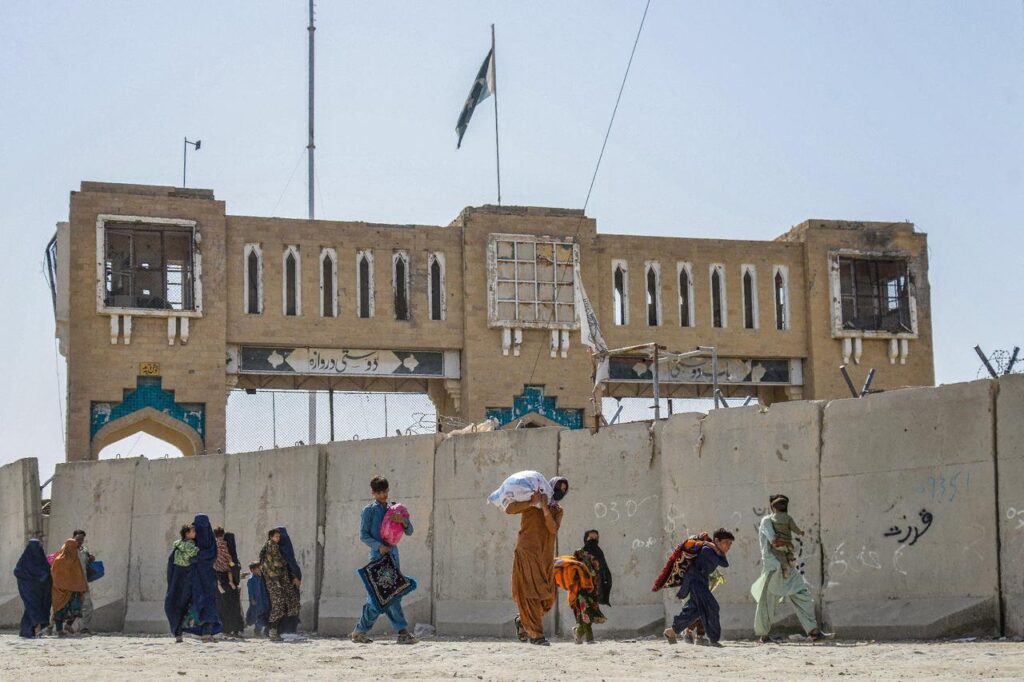
Afghanistan, while committing to the agreement, has maintained that it lacks full control over these Pakistani militant groups and cautioned that they are internal to Pakistan. This difference in interpretation has kept the dialogue tense and the outlook fragile.
IMPLEMENTATATION MECHANISM AND VERIFICATION
Ceasefire extension between Pakistan and Afghanistan, Moving beyond the headline ceasefire, the mediators have stressed the need for a monitoring and verification mechanism. The joint statement issued by Turkey’s foreign ministry says that “all parties have agreed to put in place a monitoring and verification mechanism … and impose penalties on the violating party.”
A follow-up higher-level meeting is scheduled in Istanbul for early November to finalise the modalities of implementation. The success of the ceasefire depends heavily on how well this mechanism functions and how sincerely both sides collaborate in its execution.
OUTLOOK AND CHALLENGES AHEAD
Ceasefire extension between Pakistan and Afghanistan, while the ceasefire holds for now and offers a brief respite from clashes, many analysts caution that this is a framework rather than full peace. Deep mistrust, unresolved grievances and asymmetric capacities to act on militant networks mean the situation remains volatile.
The reopening of trade and border crossings, rehabilitation of displaced civilians, and broader regional security will depend on sustained cooperation. If one side perceives the other as violating the agreement or not living up to its assurances, the ceasefire could unravel quickly. Both Pakistan and Afghanistan stand at a critical juncture.

